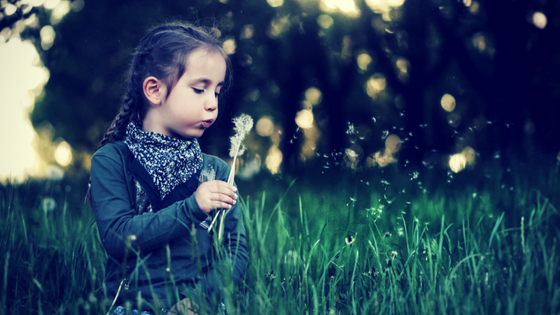Obtain a Consultation with one of our Estate Planning Attorneys
626.629.8258
Send Us a Message
Designation of Guardian
Power of Attorney, Living Trusts and Wills get most of the attention when it comes to estate planning. However, it’s equally important to consider Designation of Guardian. Individuals and couples, both married and unmarried, should discuss this element in advance of property-related issues.
A living trust does not determine guardianship for a minor child. A living trust only discusses assets and the handling and distribution of those items to the intended beneficiaries.
Most states adhere to the designation of guardian concept. It can be effective after death or during life. For example, it can apply in a situation where you become incapacitated and cannot care for a child who is under the age of 18. In such instances, a Designation of Guardian can eliminate the involvement of child services.
It can also assist the court with determining who will have custody of the child, and who can act as guardian for any other children as well.
Designation of Guardian for Minor Children in California
The state of California recognizes two types of guardianship. The first type refers to “guardianship of the person” and the second type refers to “guardianship of the estate.”
Guardianship of the Person
The term “guardianship of the person” refers to the individual who will take physical custody of any of your children. This concept means that this is the person who will be responsible for providing the basic needs for any one of your children such as feeding them, providing shelter, and taking them to school.
Keep in mind that the court will need to approve your request. It will choose the person that they feel is in the best interest of the child. Therefore, it’s a good idea to make sure that the person you are electing is stable and in good financial standing. By doing so, it will make it more likely that the court will agree with your decision.
Guardianship of the Estate
“Guardianship of the Estate” refers to “guardianship” of the child’s physical assets, such as money, bank accounts, and any other physical property that your child inherits. The person appointed for this role will oversee and manage the guardian’s “estate.”
In a Designation of Guardian, you may elect to have two separate individuals responsible for each role, one for “guardianship of the person” and another for “guardianship of the estate.” Usually, the same person can fulfill both roles.
Include a Designation of Guardian in your Will
If you have minor children or have special circumstances that call for another person’s guardianship or their assets, consider including a Designation of Guardian in your will.
Designation of Guardian in a Pour-Over Will
Even if you have created a living trust, it’s a good idea to check with an estate planning attorney if you need to include a pour-over will. You may have assets that you do not transfer into the trust, and therefore it’s essential to determine how these non-trust assets are to be distributed. A pour-over will outline instructions for those non-trust assets.
A Designation of Guardian can be included in a pour-over will and will facilitate the process during probate court. Bear in mind, that unlike trusts, wills are subject to the laws of the probate court.
Obtain the guidance for an estate planning attorney if you need help with designating a guardian for your minor children. Preparing for your child’s future and knowing that they will be in good hands not only makes sense but will bring you peace of mind.
Contact us today for an estate planning consultation.
Send Us a Message

